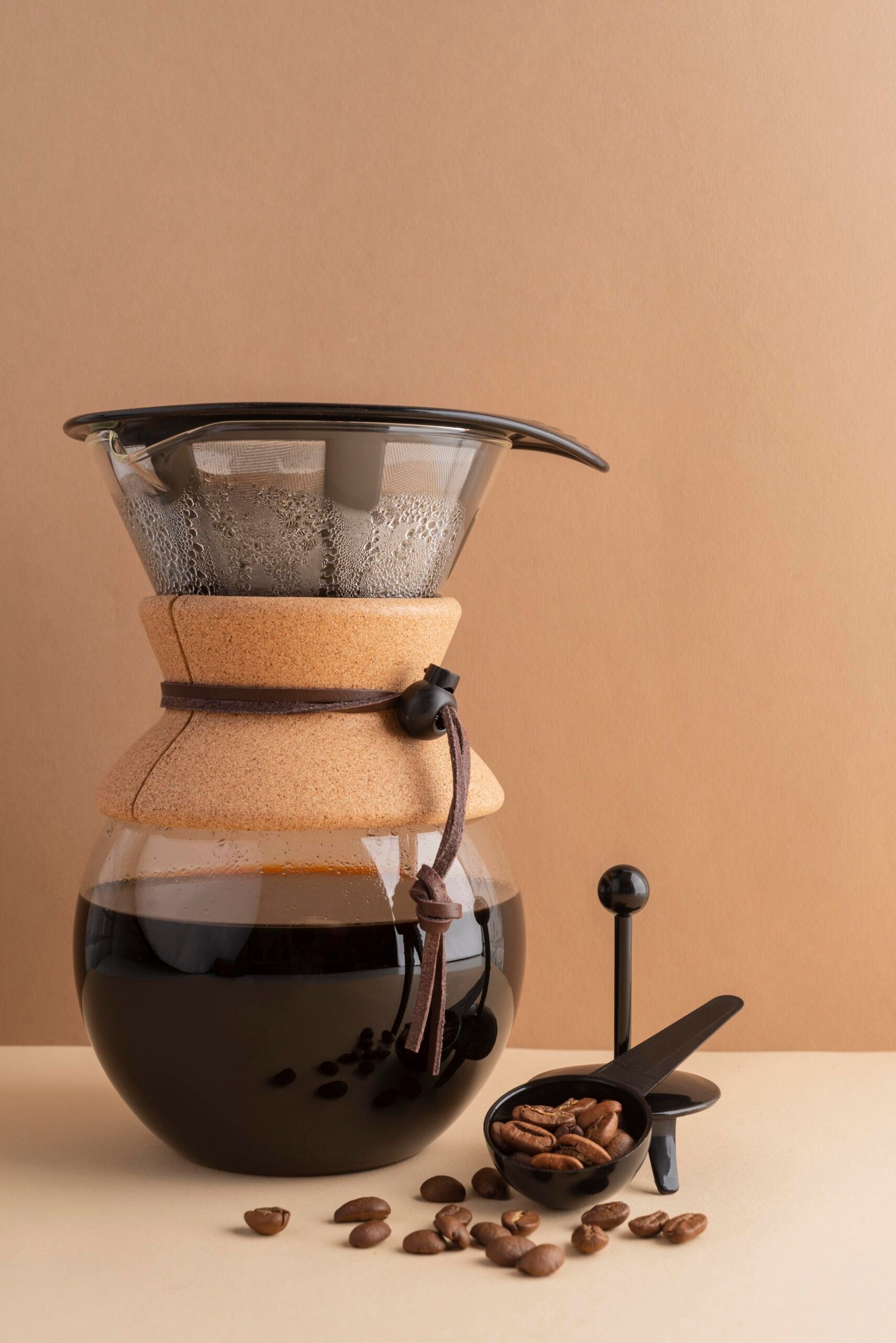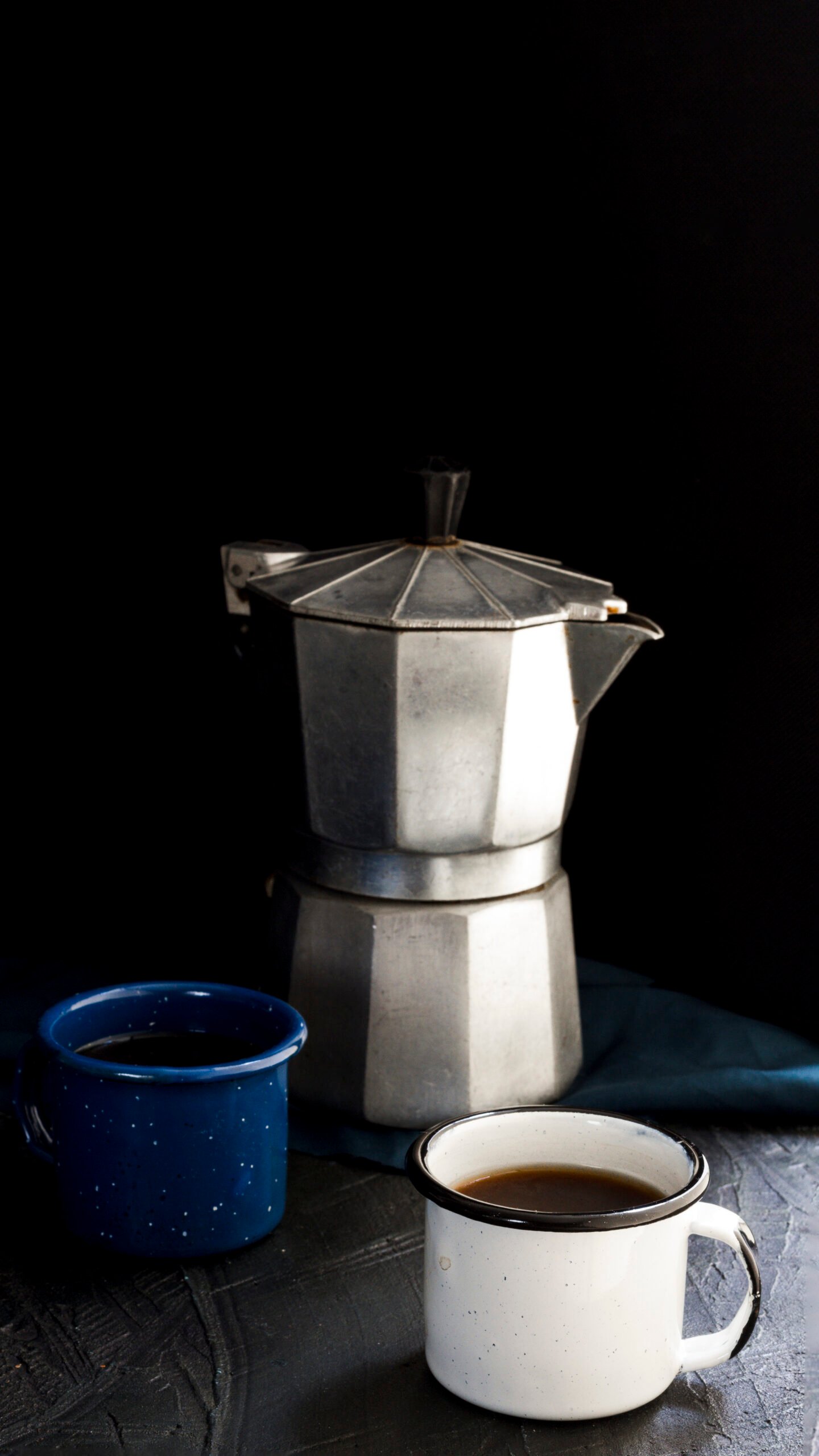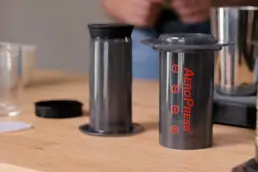Table of Contents
ToggleIntroduction
Did you know that water quality affects coffee in ways you cannot imagine?
When I want to brew a cup of coffee, I think about the beans, the grind size, the brewing method, and even the water temperature. But I never think about the actual water I am using.
Water makes up about 98% of a cup of coffee, yet it’s one of the most overlooked factors in brewing. The minerals, pH level, and overall composition of your water can completely change how your coffee tastes. If your brew has ever come out bitter, flat, or just “off”, your water might be the culprit.
So, how does water quality affect your coffee, and what can you do to optimize it for the best-tasting brew? Let’s dive in.

Why Water Matters in Coffee Brewing
Water is a powerful solvent. When you brew coffee, the hot water extracts flavours, oils, and aromas from the coffee grounds. But it’s not just hot vs. cold water that matters—it’s what’s in the water that affects what gets extracted.
The ideal water should bring out the rich flavours and balance of your coffee, not overpower or mute them. If your water is too hard, too soft, or has the wrong pH balance, your coffee can taste flat, overly acidic, or even metallic.
Key Elements Of How Water Quality Affects Coffee Taste
Mineral Content (Hard vs. Soft Water)
Hard water has high levels of minerals like calcium and magnesium. While some minerals help extract flavors, too much hardness can make your coffee taste dull or chalky.
Soft water has low mineral content and may not extract enough flavour from the beans, making it weak or sour tasting.
The sweet spot is moderately hard water with the right balance of minerals.
pH Balance (Acidity in Water)
The pH scale measures acidity and alkalinity (0 = highly acidic, 14 = highly alkaline).
Ideal coffee brewing water is around 7 (neutral) or slightly below. If the water is too acidic, it can create an overly sharp, sour taste. Too alkaline, and your coffee may taste flat. This is one overlooked way that water quality affects coffee.
Chlorine and Other Impurities
Many municipal water supplies contain chlorine to disinfect the water. While great for killing bacteria, chlorine can make coffee taste chemical-like or bitter.
Other impurities like iron, copper, and sulfur can also interfere with coffee’s natural flavors.
How to Optimize Your Water for the Best Brew
Now that we know how water quality affects coffee, here’s how to ensure you’re brewing with the best possible water:
1. Use Filtered Water
If you’re using tap water, a simple water filter (or faucet filter) can remove chlorine and unwanted minerals, improving the taste of your coffee.
2. Check Your Water Hardness
You can test your tap water with a hardness test strip (available online or in offline stores). Ideally, your water should have a mineral content of 75-150 ppm (parts per million) for balanced extraction.
If your water is too hard, consider using bottled spring water or investing in a water softener designed for coffee brewing.
3. Avoid Distilled or Purified Water
You might think using completely pure water (like distilled water) is the best choice, but it’s too empty. Without any minerals, the water won’t extract coffee flavours properly, producing a flat, lifeless cup.
4. Use Third Wave Water (for Coffee Perfectionists)
For serious coffee lovers, Third Wave Water is a special mineral packet that you add to distilled water to create the perfect coffee brewing water. It’s designed specifically to bring out the best flavours in coffee.

Final Thoughts: Small Changes, Big Difference
The right water can elevate your coffee experience from good to amazing. If you’ve ever wondered why coffee tastes better at certain cafés, chances are they’re paying attention to their water quality.
By simply filtering your water, testing its hardness, and avoiding chlorine, you can instantly improve the taste of your morning brew.
So, next time your coffee tastes off, don’t just blame the beans—check your water!
Check out Zuma coffee store for all your coffee needs.

esewalter
Mom | Yoga Teacher | Coffee Blogger | Legal Mind. I explore coffee's journey from farm to cup and especially how you can start your home brewing journey.





